Poison Fruit of the Decision Tree
Poison Fruit of the Decision Tree
[They] Decide, but Will We Follow?
The 69th annual meeting of the infamous Bilderberg Group took place over the weekend. On the agenda were “transnational threats, artificial intelligence, and America’s leadership in world affairs.”
Ryan Delarme, Badlands Media’s resident expert on the who’s who of global power writes in The Men Behind the Curtain - Part 4:
“The Bilderbergers, as you might have guessed, are yet another group of extremely powerful men and women—many of them belonging to royal European bloodlines—who convene annually in semisecret to discuss the ‘issues of the day.’ Naturally, the more conspiracy-minded observers claim that the group conspires to manufacture and manage world events; they may not be wrong.
The Bilderbergs came about in the wake of the creation of the European Union, which some believe had been the goal of several ancient orders dating as far back as the era of Merovingian King Dagobert II. This alleged brotherhood, concealed within Freemasonry, but hidden from lower-degree Masons, is the supposed progenitor of what we call “globalism” today. Their goal throughout the ages has been to dominate all of Europe and eventually the world (more on these claims in future installments).”
Artificial Intelligence is on the docket in a major way. The timing couldn’t be better for the globalists.
The Great Reset initiative looms on the horizon, where the world’s economic framework is rebooted, moving to Central Bank Digital Currencies (CBDCs) that become the new standard. This revolution itself rests upon the so-called 4th Industrial Revolution concept, which, according to Klaus Schwab, head of the World Economic Forum, and popularizer of the concept, is when the lines between man, machine, biology, and reality start to blur.
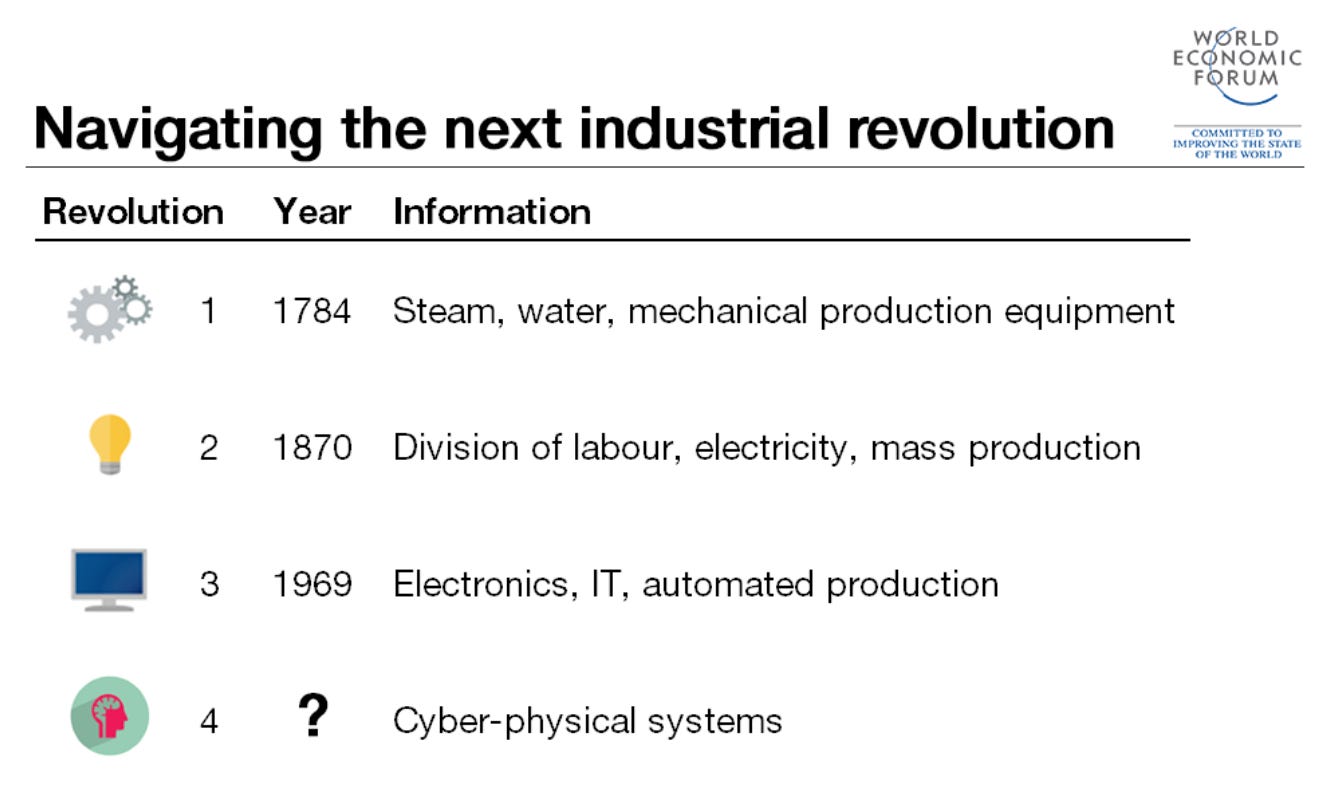
A piece from Project Syndicate entitled ‘Shaping the Fourth Industrial Revolution,’ says this about the 4th Industrial Revolution:
The Fourth Industrial Revolution builds on the Third Industrial Revolution, also known as the Digital Revolution, which entailed the proliferation of computers and the automation of record keeping; but the new wave of transformation differs from its predecessors in a few key ways. First, innovations can be developed and diffused faster than ever. Second, falling marginal production costs and the rise of platforms that aggregate and concentrate activity in multiple sectors augment returns to scale. Third, this global revolution will affect – and be shaped by – all countries, and have a systems-level impact in many areas.
The Fourth Industrial Revolution has the potential to empower individuals and communities, as it creates new opportunities for economic, social, and personal development. But it also could lead to the marginalization of some groups, exacerbate inequality, create new security risks, and undermine human relationships.
In short, the 4th Industrial Revolution is an update to the neo-slavery systems dreamed up by the globalists in the 17th and 18th centuries.
While AI that is equal to human status is likely very far off, if not unattainable at all, the threat of what we call AI is absolutely real.
How and why AI can be a threat is obvious to most people. Specifically, AI has the power to totally hijack our discretionary power; it has the ability to run society better than nearly any other bureaucracy in human history.
While it is unsettling, we already rely heavily on automated systems and processes, which, in effect, act for us in many ways. But with this 4th Industrial Revolution system, the technology fuses with the human body, mind, and emotions, and as a result, the biofeedback and consciousness steering capabilities are nearly limitless.
What does this mean?
It means technology that is so good that not using it seriously holds you back in life. It means technologically driven human-to-machine interfaces that are so totally addictive the human brain will likely be rewired to an unrecognizable state within a few decades.
Sounds too outlandish? Bear in mind, the introduction of infinite scroll systems had a profound effect on the human brain, producing some of the most mentally distorting effects.
For instance, TikTok, the Chinese social media app, can produce tics in women that use the app too much.
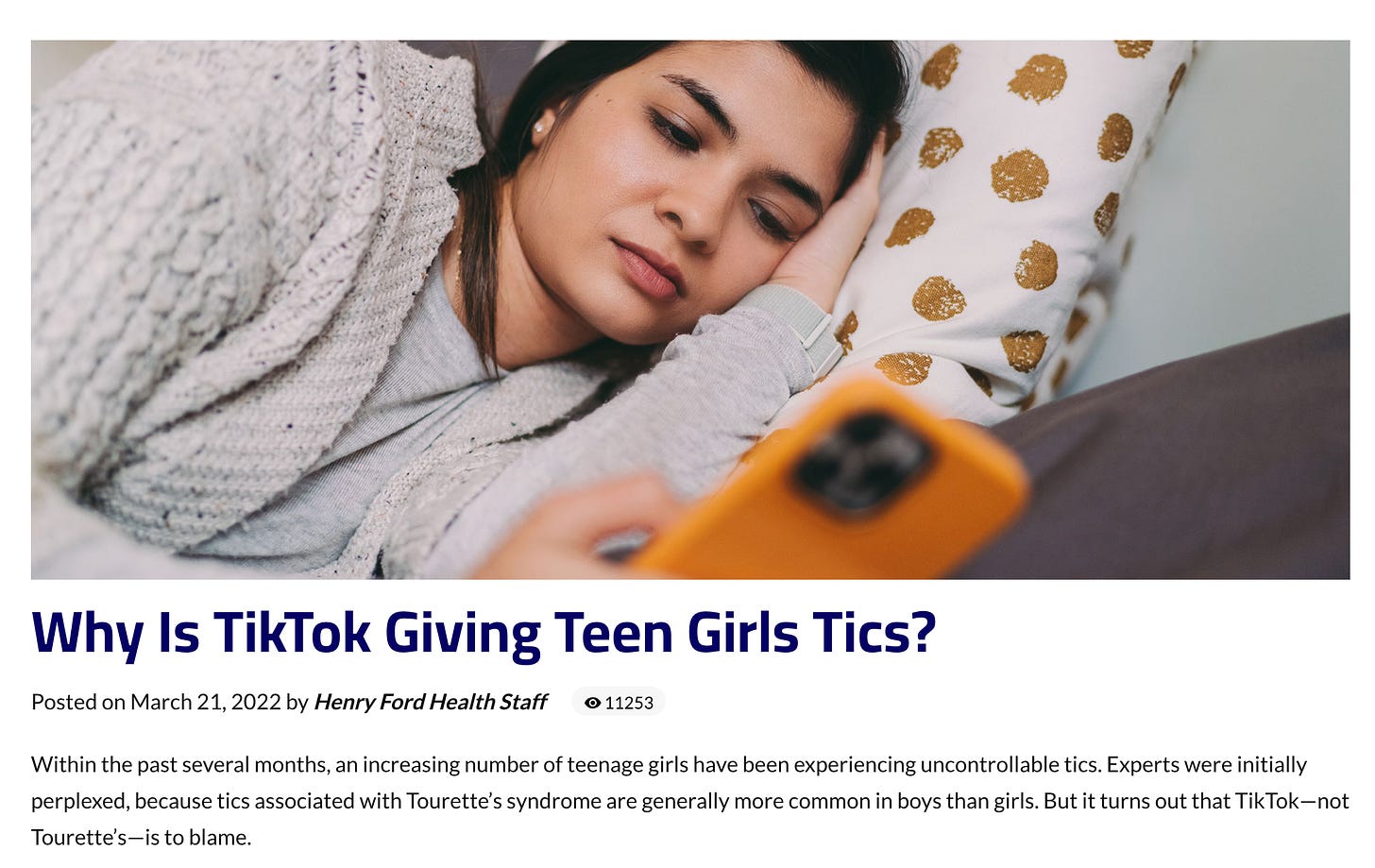
Without going into too much detail, the technocrat globalists have been working on this technology for decades. The dream of shaping a person’s beliefs, values, and behavior, merely through whatever they entertain themselves, is now a reality.
With the right technology, you can take a healthy heterosexual and turn them into a confused gender-queer person. Now I take it a bit further than most people, but I have a good reason to believe internet media, especially porn, can distort primary desires and sexual orientation. This is partially confirmed, insofar as a premise, by the work of Jonathan Haidt.
Ultimately, technology is the tool of choice for the globalists in their quest to create a perfect slave plantation, one where WE THE PEOPLE willingly give up our most powerful right, the right to self-govern.
Sunshine is the Best Disinfectant

What influence does this group have on the world?
It’s difficult to know for certain—unless we look at it using the lens we’re about to explore in this writing. Hint: follow the policy and decision trail.
Before we get to that, let’s explore if it’s legal for officeholders in government to meet secretly with other actors on the world stage.
In 1976, during the fallout from the Watergate scandal involving former President of the United States Richard Nixon, wherein he conspired with various shady actors to spy on and record meetings in The Oval Office, Public Law 94-409, known as ‘the Sunshine Act’ was signed into law.
The act ”provides, with ten specified exemptions, that 'every portion of every meeting of an agency shall be open to public observation.' 5 U.S.C. 552b(b),” case number 99-1383.
In effect, the act requires officeholders to disclose to the public communications during meetings “of an agency.” Agency meetings, ostensibly, are any communications between agency officeholders that relate to agency business.
This is critical to understand.
In simple terms, if I’m a state representative deciding whether or not Company A should get the road contract or Company B, discussions on criteria for deciding which company should be picked must be “open to public observation,” meaning the public should hear about the meeting, have the right to ask about what was discussed and how that affected the matter at hand.
Now, the situation is made more complex because this standard, which comes from a much older concept of trusteeship, is almost totally lost on most people in the modern age. Thank one hundred years of dumbed-down education.
In the times of the founding fathers, this need for public oversight on the part of elected officials was so vital, it would be unthinkable not to have it. And yet, here we are over 250 years later, and most people don’t even consider the fact that they have no window into the affairs of their elected officials, and therefore, citizens have no way to tactically manage intrusions in their lives as free people.
Decisions that affect our lives are made by people we elect who have no drive to be transparent or make decisions in the best interest of their constituents, nor do they know how to effectively manage the relationship with their constituents.
The bad education brush has coated everyone, not just voters and the public at large.
One might think that agency business would only occur within agency walls or on agency premises, or with agency personnel that openly and clearly assert the fact agency business is being discussed. That is essentially true. However, it also includes any meeting between any official and any other person when such a meeting includes subject matter that can reasonably be construed as agency business.
If the Secretary of Defense is talking about how to manage an agency issue with a friend, and that friend provides advice, opinions, or insight that materially influences the Secretary of Defense’s job, then that meeting is official business of the US government and falls within the purview of the Sunshine Act. And therefore, the people must know what was discussed so they can intervene as needed.
It makes sense. If our country is run, at least in an overt capacity, as a transparent democratic republic, then the government works for the people, for me and you, and therefore, we have a right to—at the very least—know about any discussion or meeting that affected our interests as Americans.

Here’s an analogy:
Would you want your wife to include you in a discussion with your child’s teacher about what to teach your child? Would you, let’s say, be OK with your wife deciding that teaching your kid about sex toys and kinky acts in kindergarten is just fine? If you’re like most people, the answer is no. You are not OK with this. You want to be involved in the decisions that affect your interests, rights, and property.
In another analogy, when you hire a babysitter to take care of your kid, you trust them to make good decisions. If you see them trying to feed poison to your child, you have the right to intervene, jump in and impose your will on the situation. The babysitter does not have the right to do whatever they want without any oversight from you. If the babysitter tried to stop you or took your kid to do what you didn’t want, anyway, this would be a criminal act. It would violate the trust that makes their stewardship of your child possible.
Our rights as citizens with respect to our government are no different. We can, and should recall our rights out of the hands of any elected official, for any reason, especially if said official violates the spirit of a valid trustee, a valid steward that must be transparent.
Why do we have this right? The answer to this question is one of the most important to understand insofar as to how we should relate to our government. Therefore, I’ll provide only a quick answer, in lieu of a more extensive treatment on the subject.
As free will-endowed beings, we have the right to self-direct our lives, which essentially means, anything that affects you, your rights, and your property you have the right to know about and negotiate on in some way. Therefore, this unalienable, God-given right must be reflected within the legal system if a nation is to claim it is truly lawful; it’s one of the core pillars of a true rule of law society.
Of course, the truth of the matter is that we do not live in a lawful society. However, the illusion that we do is critical for the deep state globalists to maintain their hypnotic control over the masses—who believe we do live in a lawful society (“our democracy”), and therefore, citizens fight to protect it like good little pawns that they are, and the globalists need to maintain this illusion to keep people complacent and unchallenging to their power.
Tactically, this works to our advantage.
Why?
Because the principle of the Sunshine Act is valid, and most normies believe as much. Therefore, if we expose the fact this principle is being violated, we can help wake up some normies to the truth that our officials can’t be trusted.
The Chatham House Rule

How is it, then, that so many officials can go to a secret meeting where global policy and related national interests will be discussed and it not cause a massive scandal? How can they get away with conspiring so openly?
Here’s how.
It’s called the Chatham House Rule.
“When a meeting, or part thereof, is held under the Chatham House Rule, participants are free to use the information received, but neither the identity nor the affiliation of the speaker(s), nor that of any other participant, may be revealed.”
Who or what is the Chatham House?
The Royal Institute of International Affairs, the older brother of the Council on Foreign Relations, are “political think tanks that focus on international affairs and foreign policy.”
Policy. That’s the key word there.
Policy is defined as “a course or principle of action adopted or proposed by a government, party, business, or individual.”
Keep this in mind for later.
In effect, the Chatham House Rule allows government officeholders to conspire with people they shouldn’t. The rule does not really conform to the spirit of the Sunshine Law. The rule incorrectly asserts that information can be received and exchanged as long as the identity isn’t revealed when discussing or using the information later. But the Sunshine Rule isn’t about privacy for office holders or using shared information from office holders to indirectly influence other office holders. The Sunshine Act rule is for voters to keep an eye on their elected officials and officeholders.
On this point, the globalists do what they have always done—engage in criminal behavior while claiming they aren’t, and as long as no one checks, they can get away with it.
This is what is happening now with the Bilderberg meetings and any other meeting like it. They are a violation of the sacred trust between citizens and their trustees—the elected officials we put in office.
It’s illegal, unlawful, a breach of trust, and a violation of the spirit of their oaths of office.
And yet, they have met every year since 1954 without any major pushback, from citizens, government regulators, and oversight committees.
It’s like two coaches of sports teams meeting in secret to decide who will win the game, speaking on behalf of the players who don’t know the game has been rigged.
It violates a fundamental aspect of a truly free and lawful society; it violates common sense fairness.
The fact the people aren’t up in arms at their elected officials conspiring with foreign actors tells you how blind the people have become and how broken the situation truly is.
When a rule is violated and WE THE PEOPLE do nothing, we endorse the unspoken system that supports the violation of the law, we endorse criminality and tyranny, and leave the door open for abuse and manipulation by bad actors, whether on the global stage, at home, or within our own communities.
The Decision Trail
Follow the decision trail.
Following the money helps us see where resources for policy flow from—an essential facet of any good investigation.
The best way to identify insidiousness at a causal level (not just a resource level) is to look at who made the policy decisions, and how they were pushed down the layers of society to everyone else.
Policy, as I said, is defined as “a course or principle of action adopted or proposed by a government, party, business, or individual.”
When you see the phrase “course or principle of action adopted or proposed,” it means someone is suggesting what we should do—a decision or choice has been made that affects the country, people, industry, and world at large.
In terms of lawful societies, rule-of-law societies, and truly free societies, policies that affect citizens must be reviewed, debated, and approved by the citizens. That’s the ideal and only real standard of lawfulness.
Of course, depending on the quality of the society, not every citizen can, wants to, or should participate. Incompetent citizens who don’t know how to play the game of policy or don’t play fairly, shouldn’t be allowed to participate.
For instance, a corrupt politician who was found to be working for the CCP shouldn’t be relied upon to provide essential insight into a potential policy proposal. Similarly, an MS-13 illegal alien who has already demonstrated disrespect for US immigration laws shouldn’t have a voice in whether immigration policy is changed or not in the US. At least, these disqualifying measures have to remain, until trust has been re-established.
Civil or lawful or societal competence is what we’re talking about here.
This topic of competence is very important, and so we’ll dig more into it in future posts.
Here are some other factors we should consider:
Power. What is it? In the most important sense, it’s about control. When you have power, you can exert some degree of control or influence. When you lack power, you cannot exert influence or control.
Decision. What is it? The ability to choose, to use your reason, logic, feelings, insights, and intuition to act in the world of ideas or in the world of physical things to influence events, be they social, personal, or cosmic. This is also called discretionary power, and it stands as the most important aspect of a truly free society, regardless of the social system used.
Society. What is it? A collective of individuals who, in some way, pool their collective power and decision-making capacities for the advancement of that society’s interests, values, and goals, which are themselves reflective of individuals who possess minds, rights, and free will.
Tyranny. What is it? A societal system wherein the power to influence the whole of society as it affects individuals, groups or culture, is aggregated into a small population, that exerts unfair and dishonorable discretionary power over others in that society.
Dishonorable here refers to lawful dishonor—the refusal to give voice and ear to other equal-standing members of a contractual arrangement—other children of God who possess unalienable rights. The contract, here, is a social contract—the contract that forms the bedrock of civilized society.
Ask yourself: what power do I have to influence my own life, the life of my family, my community, my state, my nation, and ultimately, the world? The answer, thanks in part to the globalists meeting for the Bilderberg Group, is very little.
Our Will has been Stolen
The Tyrants of our age meet to draft a new policy that they cram down our throats in every way imaginable.
Our leaders come home and push this policy to lobbyists, the media, think tanks, propagandists, social media influencers, city councils, school boards, Hollywood, and so on.
The policy is pushed to citizens without citizens getting a chance to review, debate, edit, or revise the policy. It’s presented to citizens as a foregone conclusion, a decision you never had any role in making, and yet you must accept or suffer the consequences.
The things that affect our lives the most were decided by people we never met, in lands we do not live on, in venues, we were not informed about, and on issues we were not invited to discuss or vote on.
This, my friends, is the oft-overlooked reality of the modern age of technocratic tyranny, where the media and politicians constantly uplift the presumed splendor of democracy, while ignoring the very spirit of democracy—the necessity of inviting WE THE PEOPLE to the governing society negotiating table.
The truth, of course, is that we don’t really influence the legal policies, regulations, and laws that affect us the most. The truth is, we don’t have democracy in any real sense. We have a false democracy in that citizens do not influence the government; instead, citizens are governed. The only real choice is to either accept or reject the decisions that are made without our involvement or consent.
This is the same degree of involvement that a slave has with their slave master—they can either accept it and avoid punishment or deny it and invite pain, suffering, and violence (coercion).
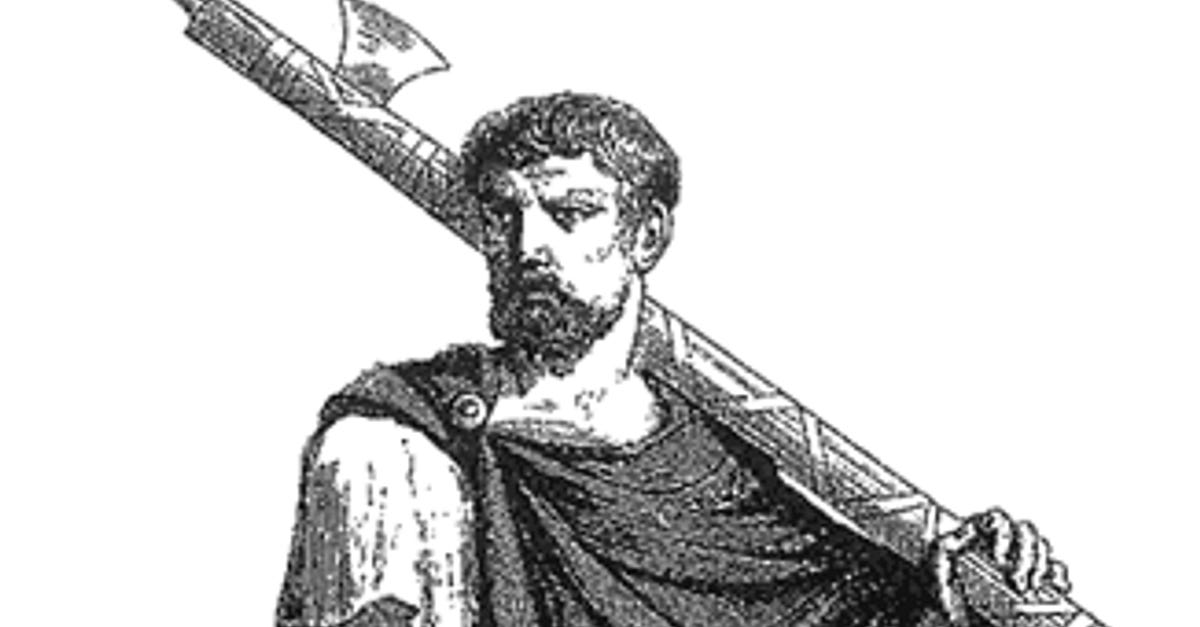
Our acts of congress are written by think tanks, lobbyists, and globalists in foreign lands, often within shadowy conferences just like the Bilderberg meetings.
Our school board policies and corporate culture initiatives are formulated by professional propagandists and mind manipulators—think Blackrock, ESG, and DEI initiatives.
Our standards of medical care and public health are drafted by industry leaders and NGOs loyal to the globalists.
And at nearly every level, WE THE PEOPLE do not have a seat at the table. We weren’t asked, we have no voice, and if we demand one it will be denied us.
Ultimately, if WE THE PEOPLE aren’t asked, invited to discuss, or aren’t even capable of negotiating policy, then we know we’re not free people, we’re slaves by any other name.
A slave has no discretionary power over their lives. While we do have some, it is a false freedom, the same freedom a prisoner enjoys when asked if they want moldy spam for lunch or moldy turkey—either way, mold is what’s on the menu.
Truly free societies distribute power and decision-making where it belongs—within the hands of the people so affected.
A universal law, a natural law, a divine law states: that which we are affected by we have the right to influence with our voice and defend with our arms.
But as with all rights, a right not invoked has no power. By our inaction, we consent to tyranny. We silently agree to all the globalist policies crammed down our throats.
What do we do?
Now that you know our true role as citizens, which is the ultimate oversight mechanism of government, what will you do?
What I think we need to do is organize better.
We can’t defend against bad policies we don’t know about and are illiterate in.
We need to create our own think tanks and councils, to strategize how we’ll guard against globalist decision-makers.
We need to take back our city councils, school boards, state legislatures, and beyond.
We need to use our power as citizens to hold our elected officials to account. If they do things that violate the trust between us and them, we remove them using recall provisions that exist in every state.
If recall provisions don’t exist, we enact them and act upon them.
It’s a hard fight that will get dirty. As such, we should form support networks for patriots willing to do the fighting.
If we do things well, we can take back a lot of power and better keep it to avoid corruption in the future.
Source: Badlands Media
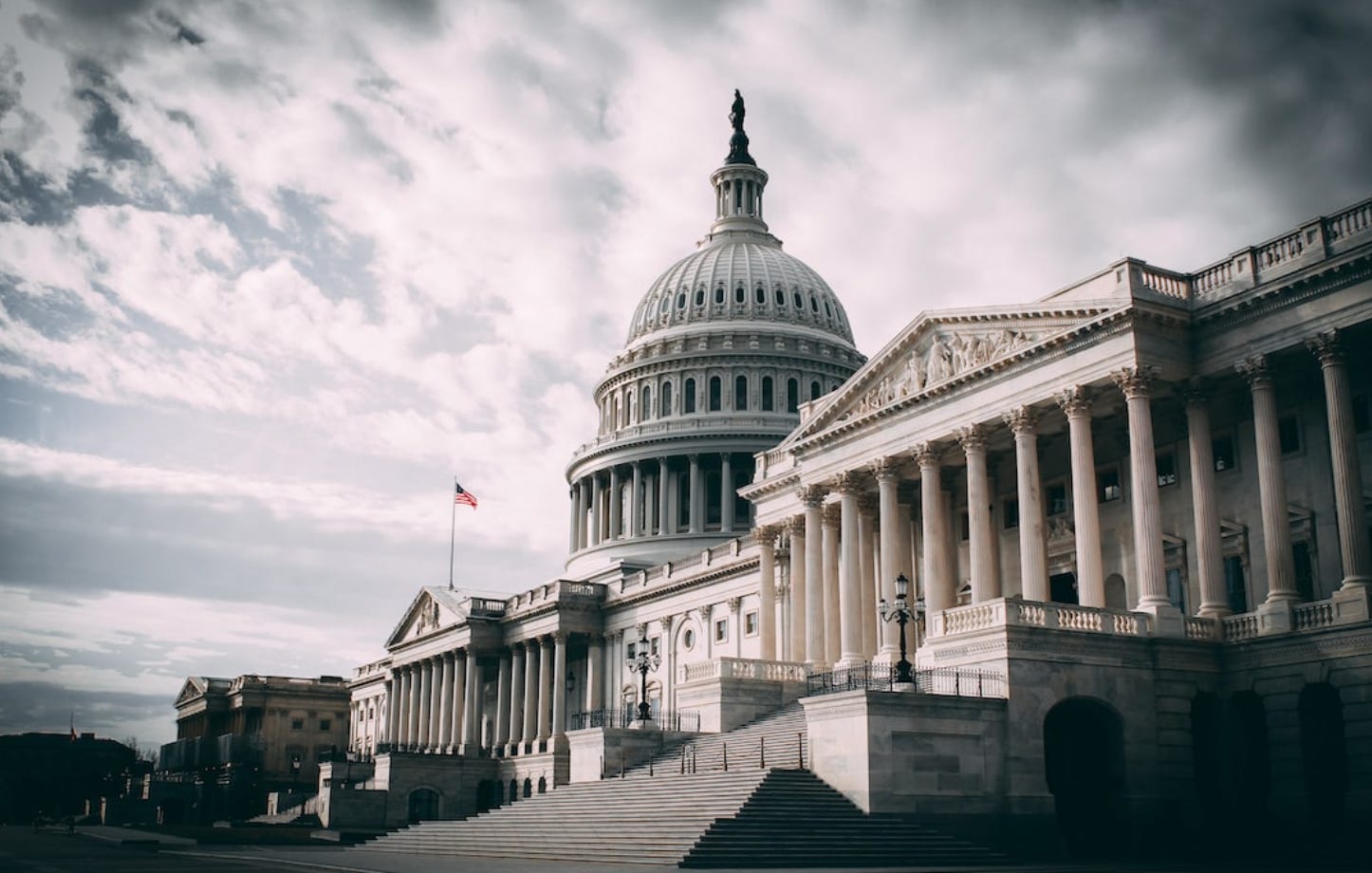


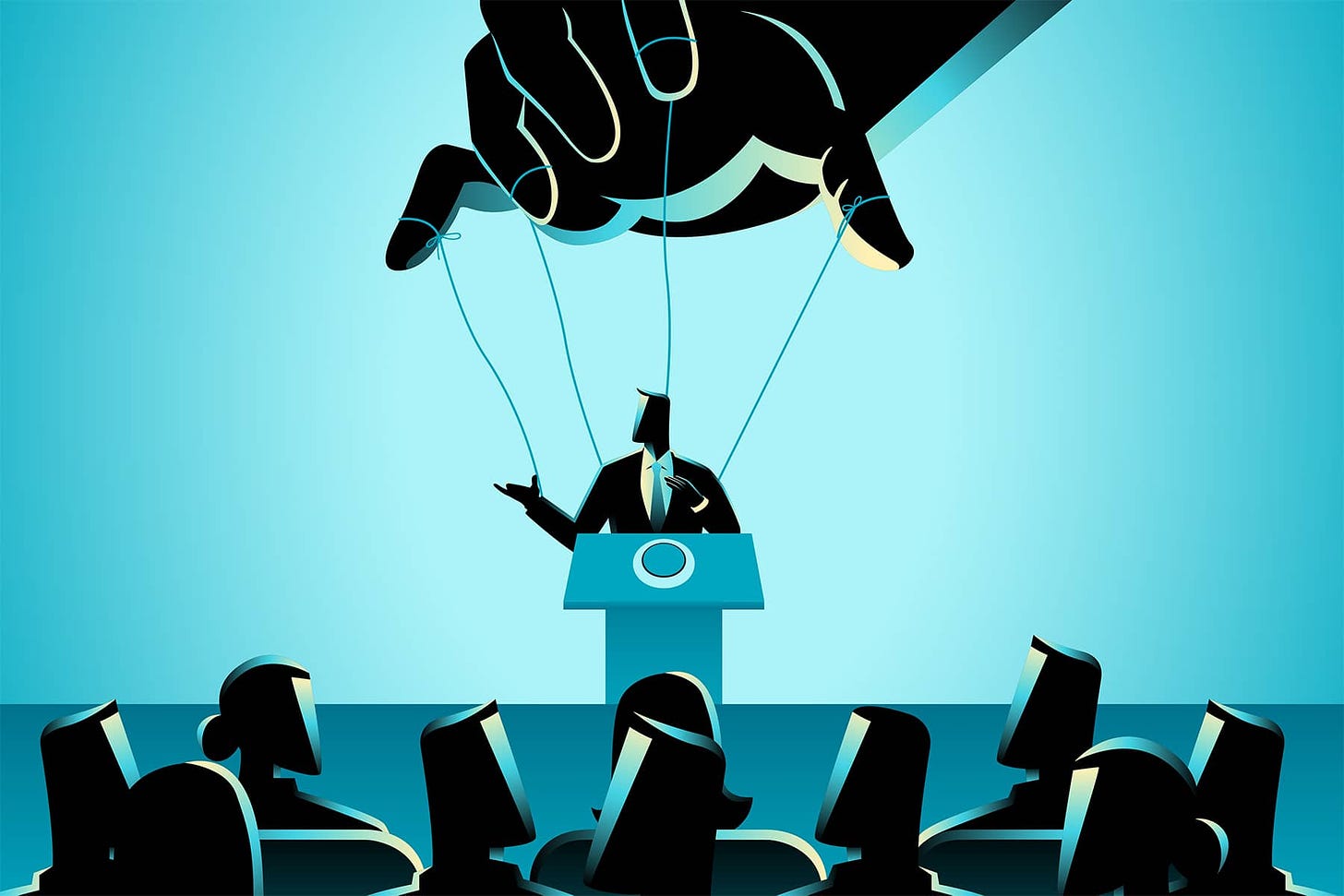
Comments
Post a Comment